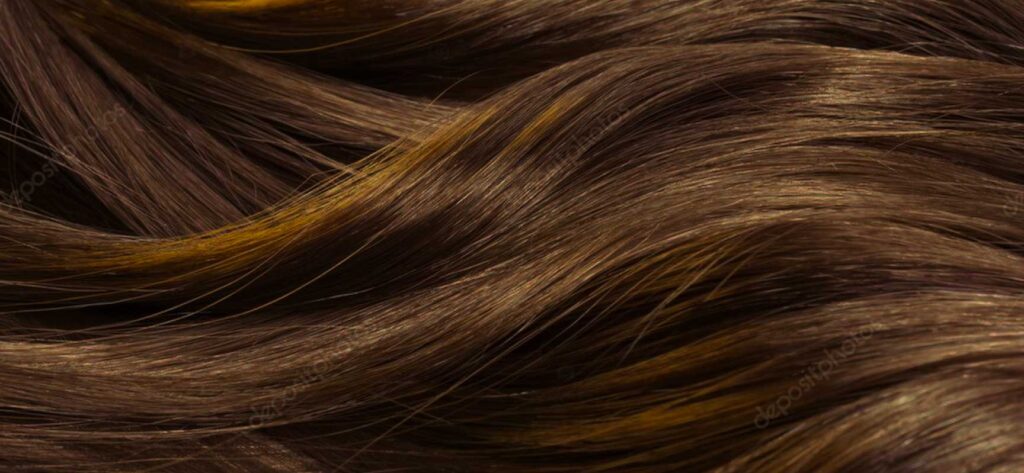What is Biotin?
 Biotin (also known as vitamin B7) is a water-soluble vitamin and an essential component of several metabolic processes in the body. More specifically, biotin plays a role in gluconeogenesis (generation of glucose from non-carbohydrate carbon substrates and one of the two main mechanisms that we use to keep our blood glucose levels from dropping too low), fatty acid synthesis (important for cell growth, differentiation, and homoeostasis), and amino acid catabolism (to synthesize new amino acids, or to be used for energy).
Biotin (also known as vitamin B7) is a water-soluble vitamin and an essential component of several metabolic processes in the body. More specifically, biotin plays a role in gluconeogenesis (generation of glucose from non-carbohydrate carbon substrates and one of the two main mechanisms that we use to keep our blood glucose levels from dropping too low), fatty acid synthesis (important for cell growth, differentiation, and homoeostasis), and amino acid catabolism (to synthesize new amino acids, or to be used for energy).
If I take biotin, will it help my hair loss?
Very few people have a true biotin deficiency. Those who are deficient, will definitely see an improvement in their hair loss by taking a supplement.
Individuals with a normal diet are rarely deficient. A biotin supplement in those individuals may make your hair grow faster or look “healthier”, may make nails stronger, or may do nothing of benefit at all.
What are some signs and symptoms of biotin deficiency?
Signs of biotin deficiency include hair loss and rash around the eyes, nose, mouth, and genital area. Patients can also have neurological symptoms such as depression, lethargy, hallucinations, numbness and tingling of the extremities, ataxia, and seizures.
What are some causes of biotin deficiency?
Biotin deficiency is very rare but certain conditions and risk factors can lead to it. Those include: 1) diet rich in raw egg whites, which contain avidin (glycoprotein that complexes with and inactivates biotin), 2) prolonged intravenous feeding (parenteral) without biotin supplementation, and 3) certain prolonged anticonvulsant medications (e.g., phenytoin, carbamezapine) and 4) infants fed an elemental formula devoid of biotin
What are some food groups high in biotin?
Most healthy individuals meet these requirements through a well-balanced diet. Food groups high in biotin include eggs, almonds, nuts and legumes, whole grains, milk and meat.
What is the role of Biotin in hair?
In the setting of hair loss, only those patients with biotin deficiency can clinically benefit from biotin supplementation. Another group that may benefit from biotin supplementation are those with brittle nails. It should be noted that biotin deficiency is very rare and diagnosis and management should be done by a healthcare provider. Studies have shown that there is lack of sufficient evidence for supplementation of biotin in healthy individuals.
IMPORTANT NEW INFORMATION:
Unnecessary intake of biotin may actually be harmful as warned by FDA recently. FDA has reported that high intake of biotin can lead to falsely high or low lab results, which may lead to inappropriate patient management or misdiagnosis. For example, high biotin intake can cause a falsely low result for troponin, a clinically important biomarker to aid in the diagnosis of heart attacks, with potential delay or misdiagnosis of heart attacks and potential fatal outcomes.
Most healthy individuals meet the daily biotin requirements through a well-balanced diet, and patients with hair loss and abnormalities of nail growth should discuss with expert physicians prior to starting biotin.


